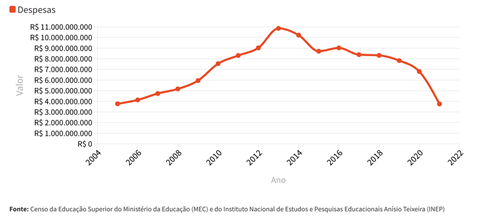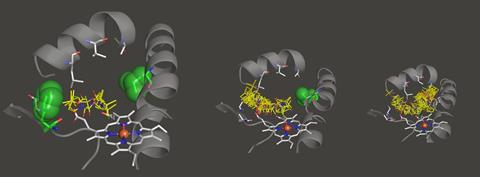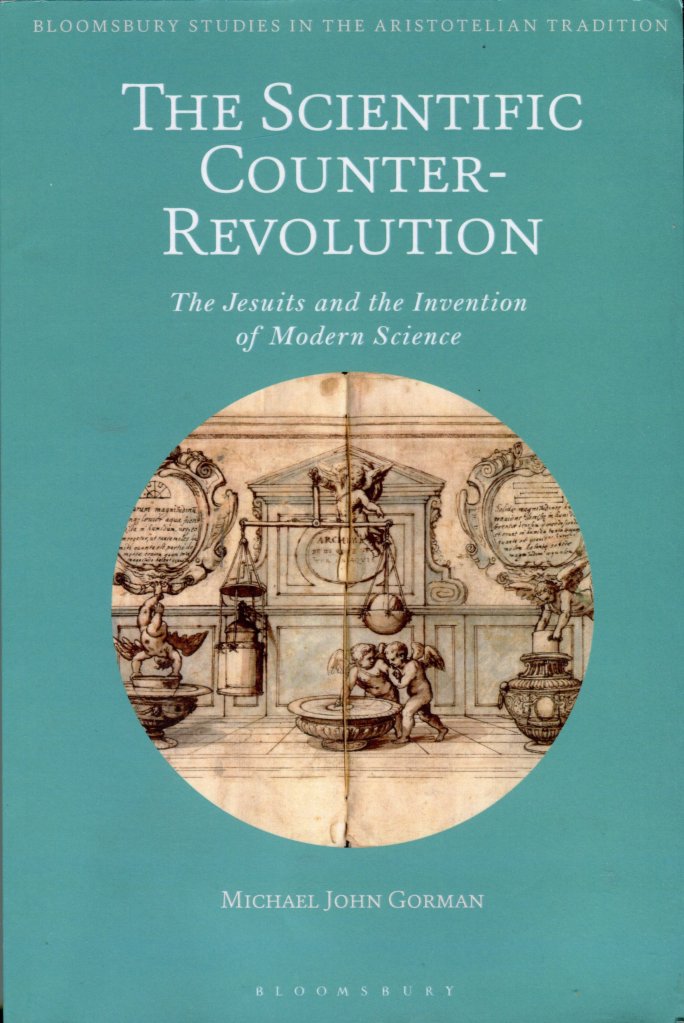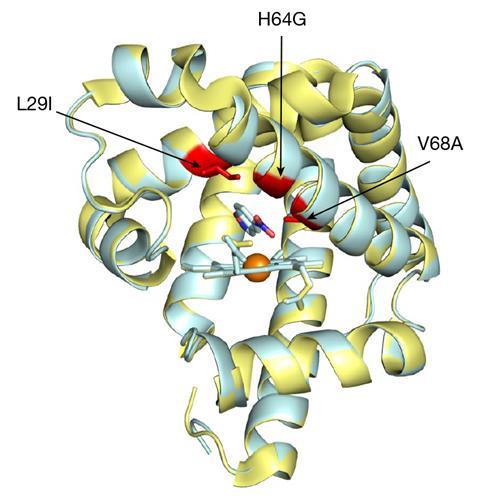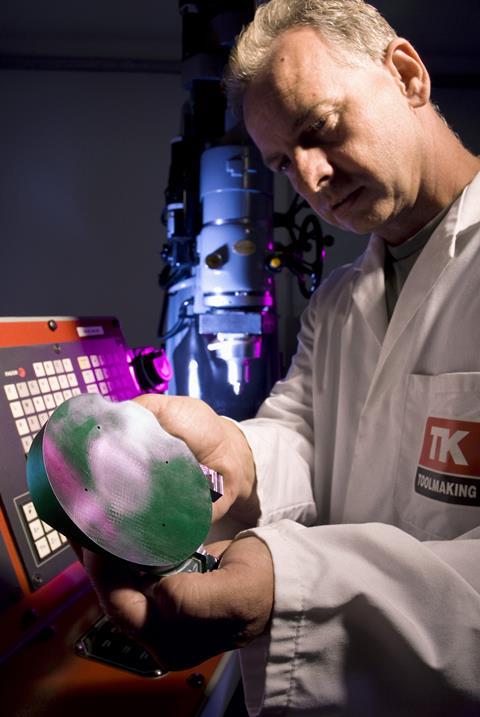When populist Jair Bolsonaro was narrowly elected as Brazil’s new president four years ago, scientists and academics across the country were shaken. They were concerned that funding for research in Brazil would further dry up, along with academic freedoms, and the consensus among essentially all of them is that these fears have been realised. As the […]
Read More